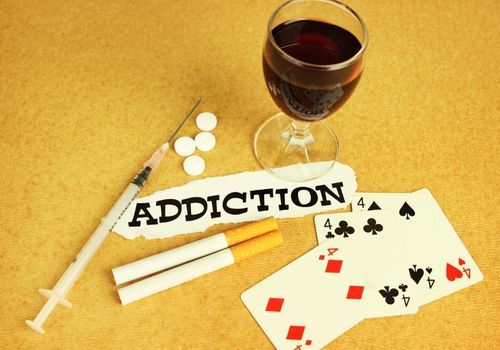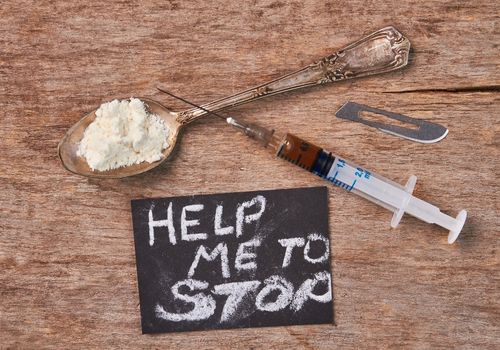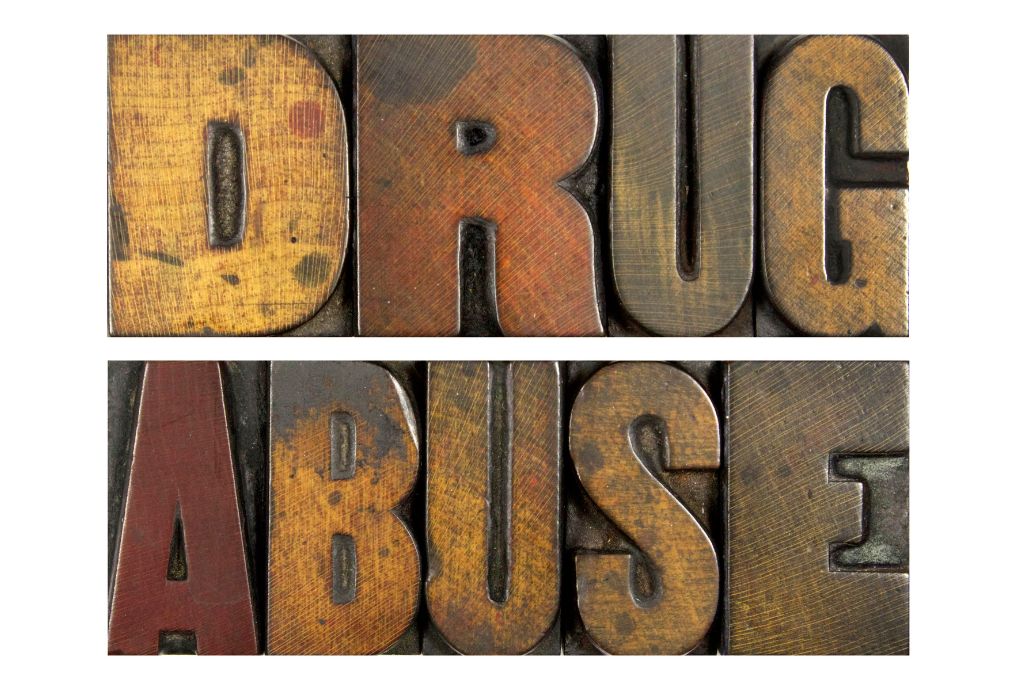
Options for Chicago Substance Abuse Counseling
Seeking Help for Addiction?
Addictive disorders are difficult to come to terms with. According to the National Institutes of Health, ten percent of adults in the United States will suffer from a drug abuse disorder of some kind at some point in their life. What’s further, Chicago is one, unfortunately, deeply affected. The Substance Abuse and Mental Health Services Administration states that “In the Chicago-Joliet-Naperville MSA, 9.2 percent or 714,000 persons aged 12 or older were classified as having a substance use disorder in the past year. Among adults aged 18 or older in the Chicago Joliet-Naperville MSA, 6.1 percent (414,000 adults) experienced a major depressive episode in the past year.”
In Illinois, alcohol and drug abuse is a severe problem. It is a particularly potent issue in Chicago, with nearly ten percent of the population struggling with a substance abuse disorder. If you believe that you might be addicted to a substance, substance abuse counseling services may be something that you need. You can be addicted to alcohol and/or any other drug. A few common signs of substance use disorders include dependence on alcohol or drugs, a feeling or compulsion to use the substance regularly, continuing to use the drug despite negative effects on your life and mental health, and returning to use when you attempt to stop using the drug. Many people also note not just the harmful impact of these disorders on themselves but also on their friends and families.
What if I am addicted to alcohol or drugs?
Substance abuse is by no means due to a moral failing or lack of fortitude on your behalf. Instead, we should recognize addiction as a mental health problem and seek out means to compassionately and effectively treat that mental health problem. Drug abuse may lead to self-destructive behaviors and other drug abuse of different substances later down the line.
Often, the judgment of others or your own self-shaming may prevent you from getting the help you need. Ultimately, you will be the only one who can decide if the path to recovery is one that you want to take. Clinical professionals can work with people who have various personal motivations to quit, reduce, or protect themselves and others from the negative impacts of their addiction(s). When you are ready to begin the recovery process, your own personal motivations are valid.

The path to addiction recovery can begin in many ways but commonly begins with addiction treatment with a licensed clinical professional counselor or licensed clinical social worker. When speaking to a therapist, the details of your conversations are completely confidential- they will not be disclosed to anyone- including family or law enforcement- save the exception of intentions to harm someone or yourself. This means that even if you disclose your use of illicit drugs, no legal action will or can be taken by the therapist as part of the patient’s confidentiality.
Why substance abuse counseling services?
Coping with drug abuse or alcohol abuse alone can feel like an insurmountable task. However, addiction counseling can help you develop coping skills and lead to self-discovery as well as a deeper sense of understanding about yourself and your issues. Seeking treatment of any kind is the first path to recovery, and seeking therapy for your substance abuse through counseling can be a great option. Clinical mental health counseling can be highly beneficial to patients with addictions.
What can I expect from substance abuse counseling?

There are many choices for treatment when it comes to substance use counseling. Substance abuse counselors will typically meet with you and discuss what the best treatment services are for you. However, there are many commonalities between various current treatment models.
MI
MI stands for motivational interviewing. This method of counseling attempts to meet you where you are in terms of your willingness to change. The interviewer will discuss with you your own personal motivations and level of motivation to work with your behaviors and change them. Many people struggling with starting substance abuse counseling are hesitant to begin the treatment process because they are particularly afraid of judgment. Unfortunately, people are often highly judgemental of those who are struggling with alcohol or other drug abuse and treat it as a personal failure of the person who has the problem. They will label people as “addicts” and judge their behavior.
By identifying and strengthening your own unique motivations for seeking to change your addictive behaviors, counselors can empower you to meet your goals – not the desires of others as they relate to your addiction(s). This is typically done in the earlier stages of addiction treatment, as after you identify your motivations and your level of willingness to change certain behaviors, you can begin to plan and center certain aspects of your life around those changes.
Treating other disorders
Research suggests that people suffering from addictive disorders often also suffer from symptoms of other mental health issues. These can include eating disorders, depression, or anxiety. Alcoholism and other drug use disorders coincide with depression, anxiety, et cetera partly because people are often unsure of how to deal with these challenges or lack the necessary coping skills. Therefore, they utilize alcohol and other drugs to cope with these complex and challenging issues. When someone is diagnosed with a separate mental illness as well as a substance abuse disorder, this is called dual diagnosis. As part of a treatment program, your counselor may seek to help you address these underlying mental health issues.
Art therapy
It is often difficult for those who are struggling with substance abuse to get through addiction treatment with words alone. Art has long been known as a way for humans to express emotions and abstract ideas. Art therapy can be used to help you process your emotions about your addiction in a healthy and comfortable way. This style of therapy allows a safe space for you to express yourself and get complicated emotions out in an intuitive way.
Harm reduction
Harm reduction is yet another technique for meeting clients where they’re at. Methods of counseling will help train you in methods to reduce the harm that drugs and alcohol will have on your life. This is typically more of a clinical exercise than a mental health one, but counselors are also capable of integrating this practice into their counseling. They will help you with an assessment of practices and changes in your life that you can make to help your use of drugs less harmful. This is primarily an educational process. Adopting some of the principles of HR and focusing on that education can help you with your addictions, and your abuse of substances and help give you the skills to manage these issues. You can find more information on the fundamental principles of harm reduction, on the National Harm Reduction Coalition’s website.
Drug abuse counseling in Chicago, IL

There are many resources out there for those suffering from addictions. Inner Voice Psychotherapy and Consultation is a great place to seek substance abuse counseling in Chicago. We offer a variety of treatment services. Our counseling staff is comprised of professionals with extensive education in psychology and therapy. Our therapists are based in Chicago, IL, full-time, and offer psychotherapy to a diverse community of people in Illinois.
We have a Chicago office as well as a Skokie office. We have been helping Chicago residents for over 18 years, and we accept most insurance. We have a talented group of licensed professional counselors to help you make the positive change you want. You can begin recovery through the resources offered by IVPC and begin minimizing behaviors that you want to stop and help heal your relationships.
Counseling at IVPC
Treatment begins with the licensed counselors who make it possible. We have multiple trained therapists in substance abuse counseling, as well as a number of other mental health issues. And their training and experience help them make a solid assessment of your symptoms and begin the process of reducing the impacts of your addictions.
What can these counselors offer to those suffering from substance abuse issues?
The skills of our counselors are varied, and their clinical experience is extensive. Treatment services can be offered online through a HIPAA-compliant online service. All of the counselors with IVPC can provide addiction counseling. They will delve into their patients’ histories and assist them with their recovery. This can include treating their clients’ addictions, anxiety, depression, and other life issues.
Which counselor or program is right for me?
In particular, Samantha Micchelli is experienced with substance abuse counseling and has not only a Master’s Degree in professional psychology but also a Certificate in Substance Abuse Counseling.
Suppose you have struggled with dark memories regarding mistakes you made during your addiction, particular features of using the substance, situations you have been put into due to your addiction, or regretful behaviors throughout your addiction. In that case, EMDR may be a helpful treatment plan. EMDR stands for Eye Movement Desensitization and Reprocessing. This therapy can lead to a greater understanding of your memories and emotions. Research suggests that this type of program is highly effective. Through this program, clients can reprocess negative thoughts regarding themselves in relation to their addictive disorders and/or addictions. Each counselor at IVPC is trained in EMDR therapy to help you with these negative emotions.
Getting addiction counseling from an IVPC counselor
Book an appointment here to start your treatment with a licensed alcohol and drug abuse counselor at IVPC. The process will begin with a consultation where you briefly explain some characteristics of your presenting concerns as well as mention specific kinds of treatment that you might be particularly interested in as a patient.
You do not have to suffer from substance abuse alone. Substance abuse counseling can be your first step to taking the path to recovery. Call us at 312.620.1420 to learn how we can help you get things back under control.